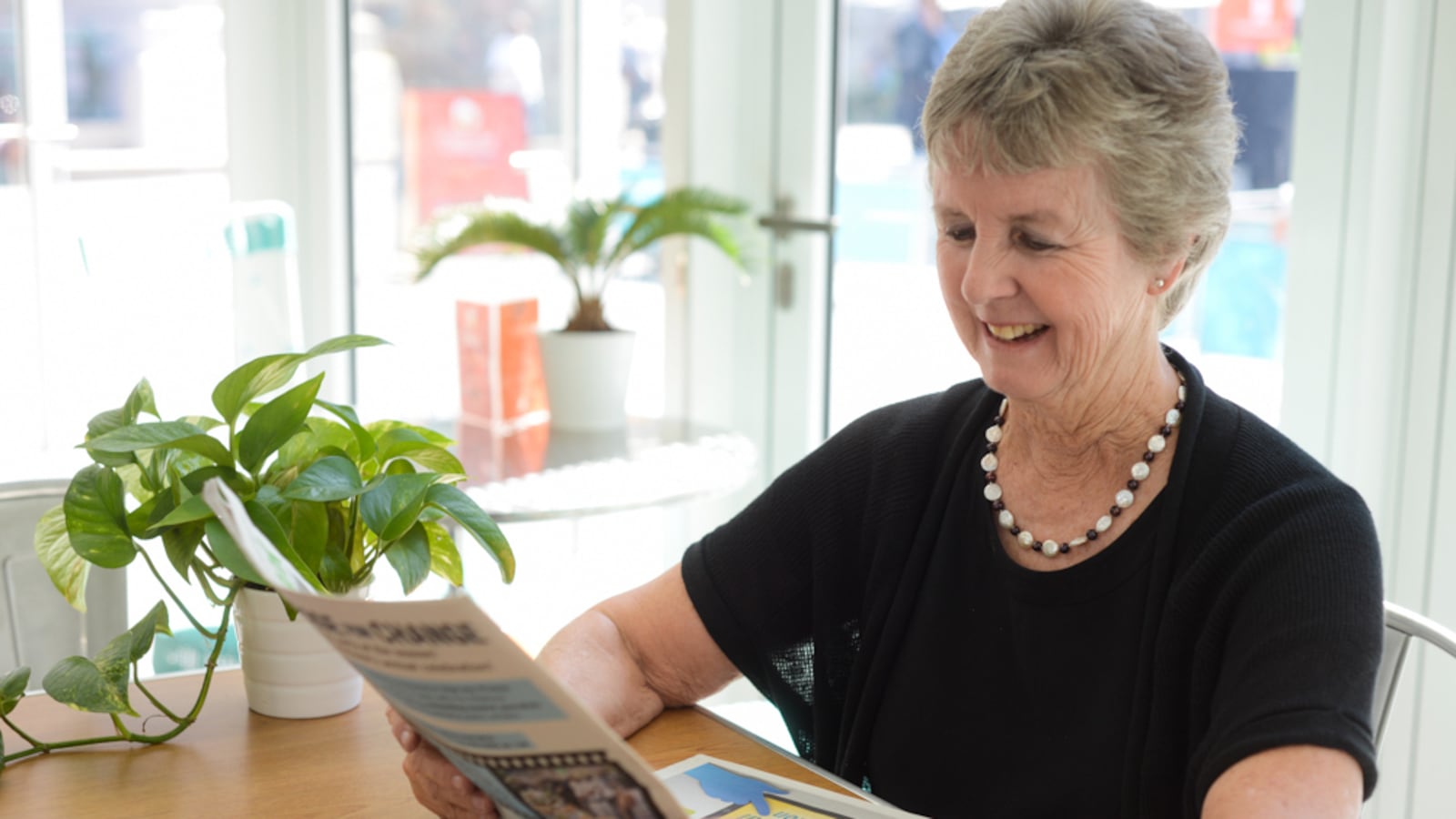This article was originally published in The Notebook. In August 2020, The Notebook became Chalkbeat Philadelphia.
“How do you know what’s going on without the Notebook?”
That’s the question that longtime Notebook member Betsey Useem asks herself when thinking about Philadelphia’s education system and the issues that have faced the School District over the last several decades.
As an education researcher for more than 40 years and a resident of Pennsylvania since the early 1990s, Useem has had particular insight into the context in which the Notebook was founded, as well as the recent history of Philadelphia’s education system.
“It was a period of real ferment and change in education in Philadelphia,” said Useem of the 1990s, when she and her husband moved to the area from Boston.
“We were very involved in all that work, as were many people. It was an exciting period – and the Notebook jumped right in.”
Over the years, Useem said, the Notebook has “really deepened and broadened its coverage,” making its stories about education even more important now than when the organization was launched 21 years ago.
She added that the Notebook’s annual Fall Guide to High Schools has become a vital resource for students and parents.
“Now it’s much more complicated for families to select a school, particularly a high school,” she said.
“Things change so fast in the District, so having high school information, up to date, from year to year, is an invaluable resource, not just for families but those assisting kids and working with 7th and 8th graders.”
Originally from Virginia, Useem earned her doctorate in sociology from the Harvard Graduate School of Education in 1971 and spent the next two decades of her career as a faculty member in sociology at the University of Massachusetts in Boston. In 1993, shortly after moving to Philadelphia, she was appointed director of research and evaluation at the Philadelphia Education Fund.
Since then, Useem has written several articles for the Notebook and has had her research featured in many stories, particularly on the issue of how to hire and retain high-quality teachers. She has watched the organization grow to become a respected independent nonprofit news service with a bimonthly publication and robust website.
Besides reading the Notebook’s coverage of the challenges facing the District, Useem has also worked to help meet those challenges. She has spent the last 11 years as a consultant, first for the education nonprofit Research for Action, and most recently the Barra Foundation, a grantmaker that supports innovation in education.
Now retired, Useem maintains her involvement in state education as vice chair for the Education Policy and Leadership Center in Harrisburg. She is also a board member for two Philadelphia-based organizations: Healthy NewsWorks, an organization that empowers student journalists to transform the health of their communities, and Episcopal Community Services, a faith-based group involved in youth development programs.
Through it all she continues to support the Notebook, making annual donations since the organization began. She will be acting as a host and member of the planning committee for the Notebook’s November fundraising event and farewell brunch for its editor and publisher, Paul Socolar.
“I think it’s one of the strengths of the Notebook – they have good people, and Paul has certainly been an exemplar,” she said.
“It’s not just the passion, it’s the belief that good education is a bedrock civil right in this country.”
Ultimately, Useem said, the combination of talented people and increasingly professional journalism has made the Notebook the frontrunner for education news in Philadelphia today.
“It’s part of a general push, making the civic space more vital and more informed,” she said. “I think that’s very important.”


